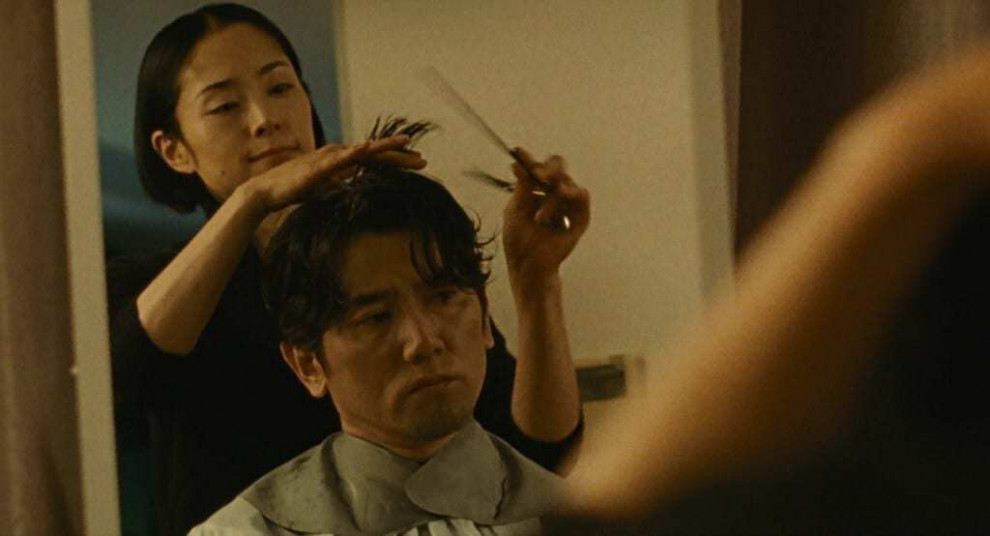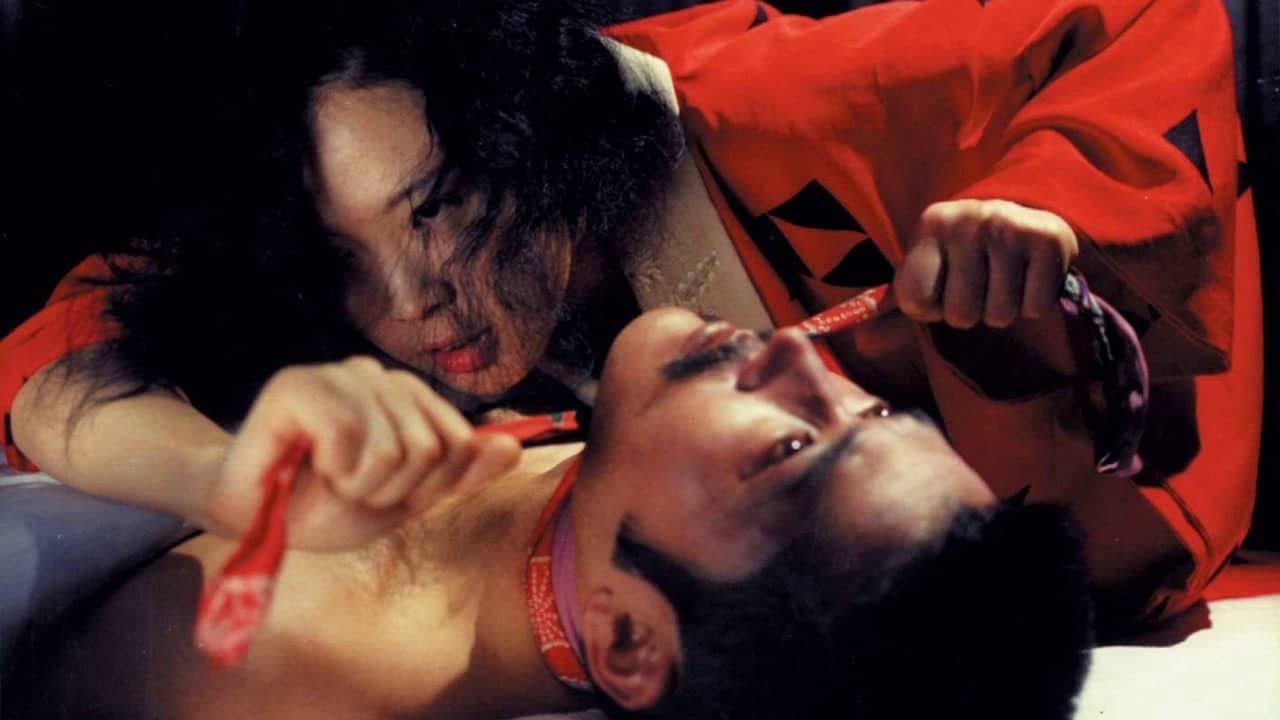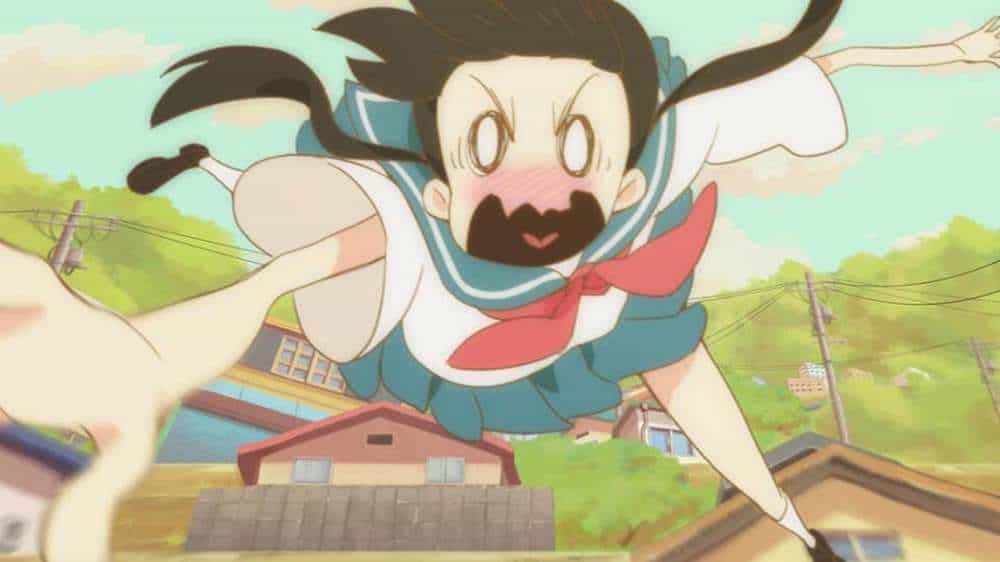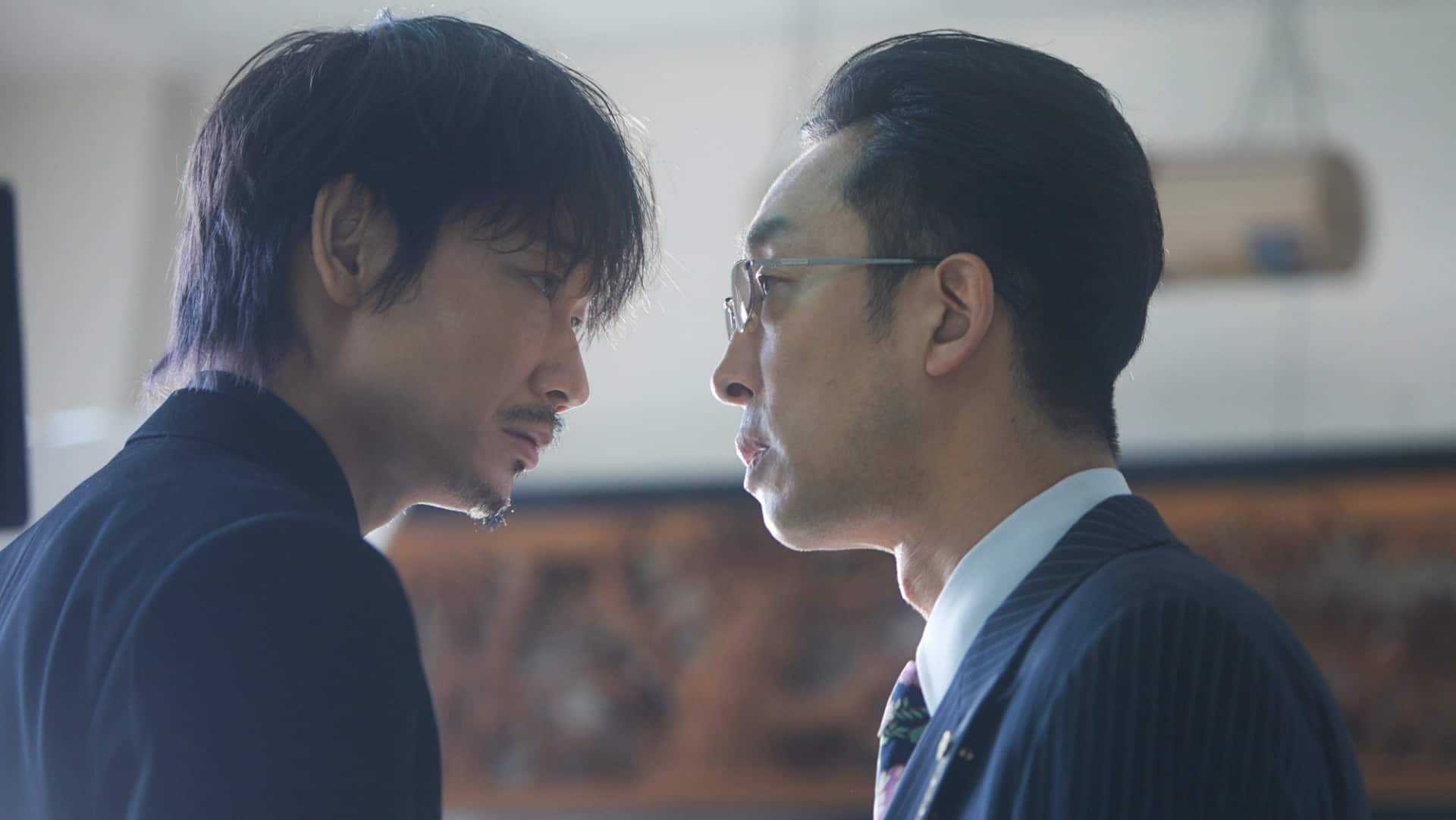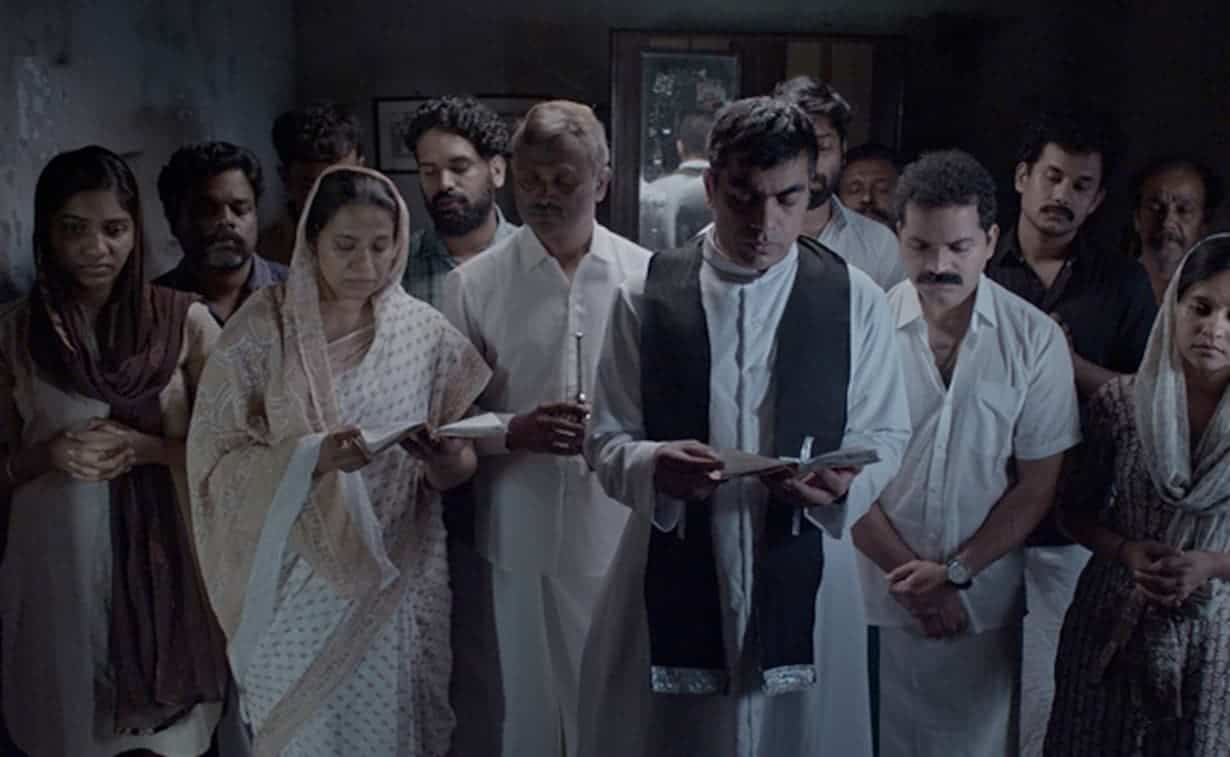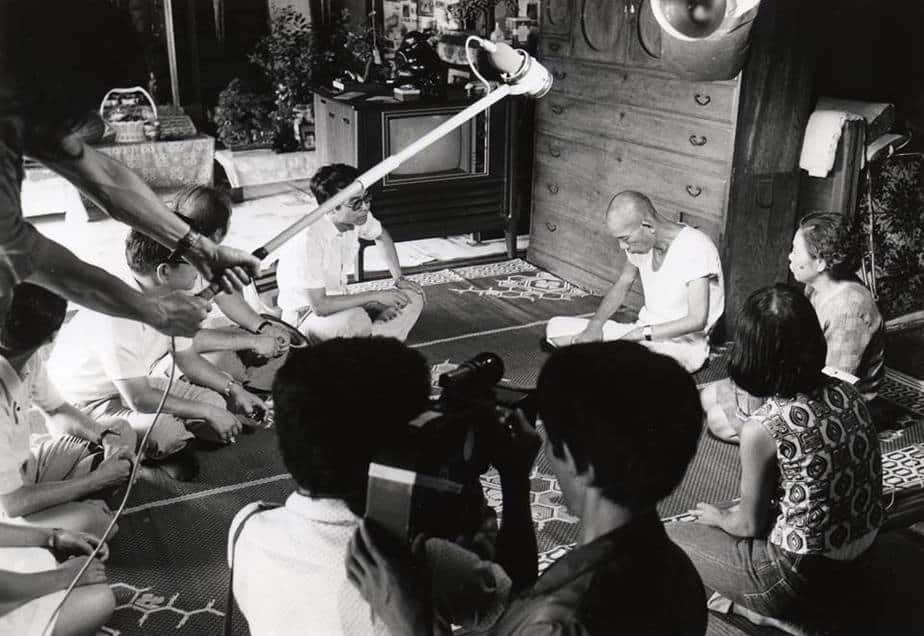It's been something of a long wait for the latest release from “Dreams for Sale” director Miwa Nishikawa. Her fifth feature film, “The Long Excuse” is a considered look at grief, and continues where her last film left off, looking at the concept of self-deception and how people cope with times of crisis.
“The Long Excuse” screened at the New York Asian Film Festival
Sachio (Masahiro Motoki), a writer whose career has turned more to TV celebrity than literary genius, receives a haircut from his hairdresser wife. Slightly drunk, they have a discussion where he shows his annoyance at his status and how his name is that of a baseball legend. Leaving for a trip with her best friend Yuki (Keiko Horiuchi), Natsuko's (Eri Fukatsu) bus soon crashes on its way through the mountains, killing both, while her husband has an affair with a younger woman.
Having grown cynical, Sachio shows little sadness at the event, appearing to continue as normal. His response is a world away from that of Yoichi (Pistol Takehara), Yuki's widower, who is left an emotional wreck, frequently crying. Despite their wives' closeness, the pair had never met until now, but they soon bond; Yoichi, despite his sadness, somewhat in awe of Sachio's celebrity. Sharing a meal with Yoichi and his two children, Sachio is put in the position of babysitting while Yoichi drives his truck, something that takes him out of his comfort zone.
The pair discuss their grief and how they cope, Sachio also discussing it with Shinpei (Kenshin Fujita), Yoichi's eldest. The more the discussions unfurl and the more times he spends with the family, the more Sachio sees what he has been missing, moving away from his more selfish outlook to that of others.

To start, Nishikawa places us in the confused emotional state of Sachio. The straight conversation with his wife is suddenly counteracted with a somewhat comical, upbeat tune accompanying him having sex with his mistress as his wife boards the bus, ending the beginning with silence as the bus weaves through the mountains on its fateful journey. The audience knows not what to expect of the next two hours, much as Sachio is unsure as to where his life will be in a year's time.
Nishikawa was a student of Hirokazu Koreeda, and his influence is clear to see in this film, with obvious comparisons to the odd coupling of “Like Father, Like Son”, a film which Nishikawa herself helped with the script. An obvious plot device to bring Sachio out of his indifferent state, Yoishi is everything that Sachio is not. Warm, likeable and expressing of his emotions, juxtaposed with Sachio's cold lack of action. While Sachio may state that his wife gave birth to his career, this seems to be the only role she played in his life – knowing little about her thoughts and ambitions. The fact that he never met the husband of her best friend until after the accident, shows how much attention to her life he paid.
Sachio never played the role of husband to his wife, seeing her more as his hairdresser than life mate. Yoichi disputes Sachio's claims that Natsuko never wanted children, it is clear that it was only ever his own way of thinking, with Yoichi more knowledgeable about his wife than he ever was.
He has become cynical to the world, dismissing his own television appearances, despite his wife's encouraging comments, and is a man incapable of coming across as genuine. Despite people referring to him as “Sensei”, his writing has declined, leaving him a soulless TV celebrity. A televised grieving which he agrees to has to be choreographed, but is a starting point in his revelations. Despite his efforts, he is not fully convinced about parenthood, but gradually others show him the way. Right-hand man Kishimoto (Sosuke Ikematsu) surprisingly reveals he has two children who “Make him forget what an asshole I am,” seeing how people define their lives by their relationships with others.
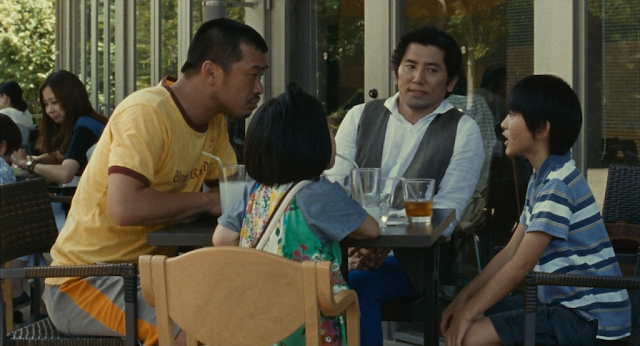
Nishikawa chooses the wife's profession as a suitable metaphor for Sachio's life. The last act she performed with him, Sachio vows not to cut his hair now his wife has died. But this is merely a stage for the press. To start, the cool Sachio seems neat and well-balanced, much like his hairstyle. But gradually, as time passes, his hair becomes more and more a mess, reflecting his apartment and developing emotional state. His discussions with Shinpei show the boy developing similar mistakes as his own, something which needs to stop, and soon he is able to take his own advice.
Naturally, for such a character-driven piece, both the script and performances need to be naturalistic and convincing. Motoki is naturally standout as the lead, furthering his place as one of Japan's key actors, alongside the likes of Koji Yakusho. Musician Pistol Takehara is charming as Yoichi in a secondary role and Fujita and Tamaki Shiratori provide good performances as children placed in a difficult situation. The script is well considered, but has a couple of awkward moments, though this is not enough to detract overall.
One possible negative is the use of editing in key scenes. The opening dialogue between Sachio and Natsuko has cuts, whereas a one-take scene would have felt more impactful, harking back to the likes of Mizoguchi and his use of long takes. But Nishikawa is her own director with her own methods. Previously claiming that she is a female director that does mot necessarily make films about women, Nishikawa has made a strong piece inside the minds of males and the different ways they cope with situations put before them. While not as numerous in quantity, the quality is there for Nishikawa to become one of the leading directors in Japanese cinema.


